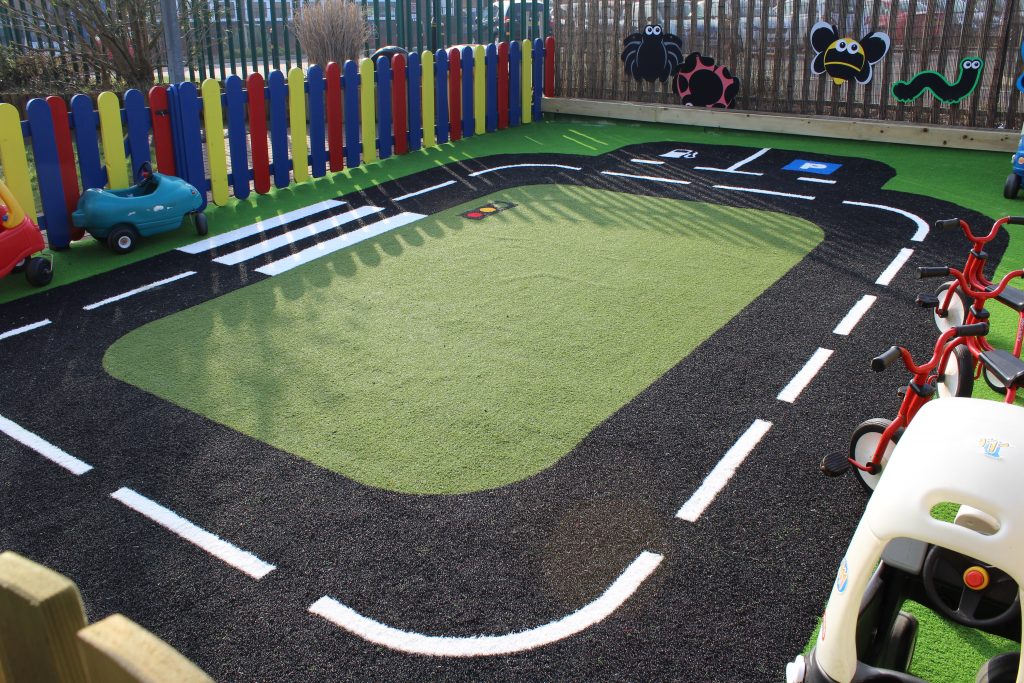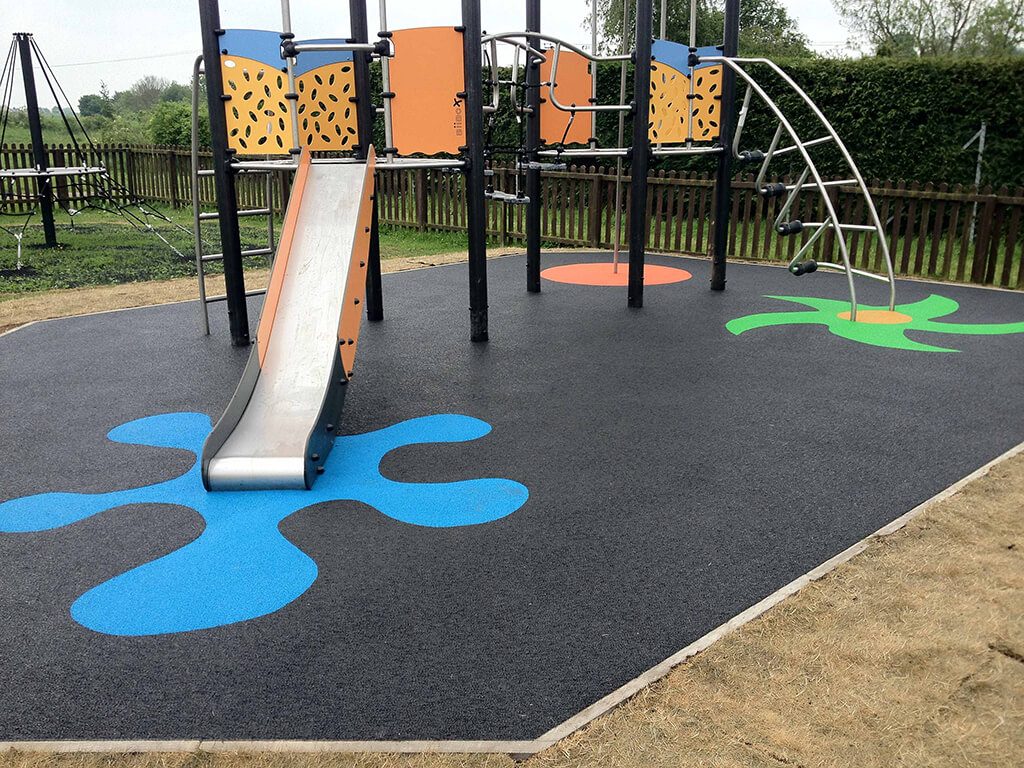As we may all know, social exclusion can be extremely harmful to those it affects. Many children don’t feel included at playtime and in social settings. This can lead to a lack of self-confidence, and social skills becoming stunted, and this can also negatively affect their mental health. However, through inclusive play, children can learn to include their peers more.
Additionally, teaching social inclusion from a young age can enforce ideas of equality and the value of diversity. Therefore, we should teach children these values, to set them up for success in later life, carrying accepting, tolerant attitudes.
PlaySmart’s latest article covers the ways to tackle social inclusion on the playground. Read on to discover why this is such an important step in childhood development.
Social inclusion, in this context, refers to children actively involved with and included in communal activities. This is a great way to make friends. Also, it opens the door to develop those vital communication skills that children need for healthy development. You may not realise, but the quality and contents of your playground can actually contribute to social inclusion. PlaySmart has put together some ideas on how you can optimise your playground to promote inclusion.

Structured And Supervised Play
Children may not always take a hint unprompted. Therefore, playground supervisors, teachers and responsible adults alike need to take the authority to ensure inclusive play. Why not introduce team games, and put the children into teams? If left to pick teams themselves, some children might not be picked. Therefore, some children can feel isolated and upset. Adults can prevent this by implementing structured play and picking the teams, ensuring that every child is included.
Encouraging Collaborative Play
A good way of encouraging children to play in groups is by introducing games that rely on teamwork or communication. Games are a great way to set the foundations for children to learn to play in groups and form friendships. Therefore, PlaySmart recommends that you introduce more team games into playtime. Whether this is sports, tag, races or so on, it gives children an opportunity to talk and play together. This helps develop their communication skills, and learn how to include others in play.
Optimising your Playground
The setting that children play in can make a difference, too. Have you ever considered the impact that your playground’s surfacing can have on children and their play? PlaySmart understands the value of a great playground. We also know that your surfacing can make a big difference when it comes to encouraging inclusive play.
Colours and Shapes
Visual design can carry a large appeal when done correctly. Many studies have proven that children are attracted to bright colours and interesting patterns. This is because it can spark imagination and inspire fun. Therefore, we recommend exciting designs for your playground, incorporate themes, or include patterns that can be used in imaginative play. This is likely to encourage children’s creativity and motivate them to play.
Surfacing
As your resident surfacing experts, PlaySmart knows how to help you get the most out of your playground. Choosing the right playground surfacing can encourage children to get active and play with their peers. Some examples of this include:
Artificial Grass. This provides a cushioned, textured feel and additionally has great rapid drainage qualities. Therefore, this surface is perfect for sensory-inclusive play areas. This is popular for track sports and football but is suitable for a number of recreational activities. By facilitating team sports like football and running, you give children the opportunity to form partnerships and develop team spirit.

Wet Pour. This great surface is available in a wide range of colours, thicknesses and designs. Also, wet pour rubber is an easily customisable surfacing that can feature countless different colour and design combinations. As mentioned beforehand, creativity is one of the biggest influences on imagination, and there’s no better surface than wet pour! Therefore, vivid, abstract designs can inspire creativity and fun for children to come together to create fun and imaginative games.

Next Steps?
If you’ve enjoyed this article, we’re glad we could help point out ways of encouraging social inclusion through play. It’s very important that children don’t get left out, so everyone can grow, play and learn equally! If you’ve got any questions for us, as always, just use the contact form below.

